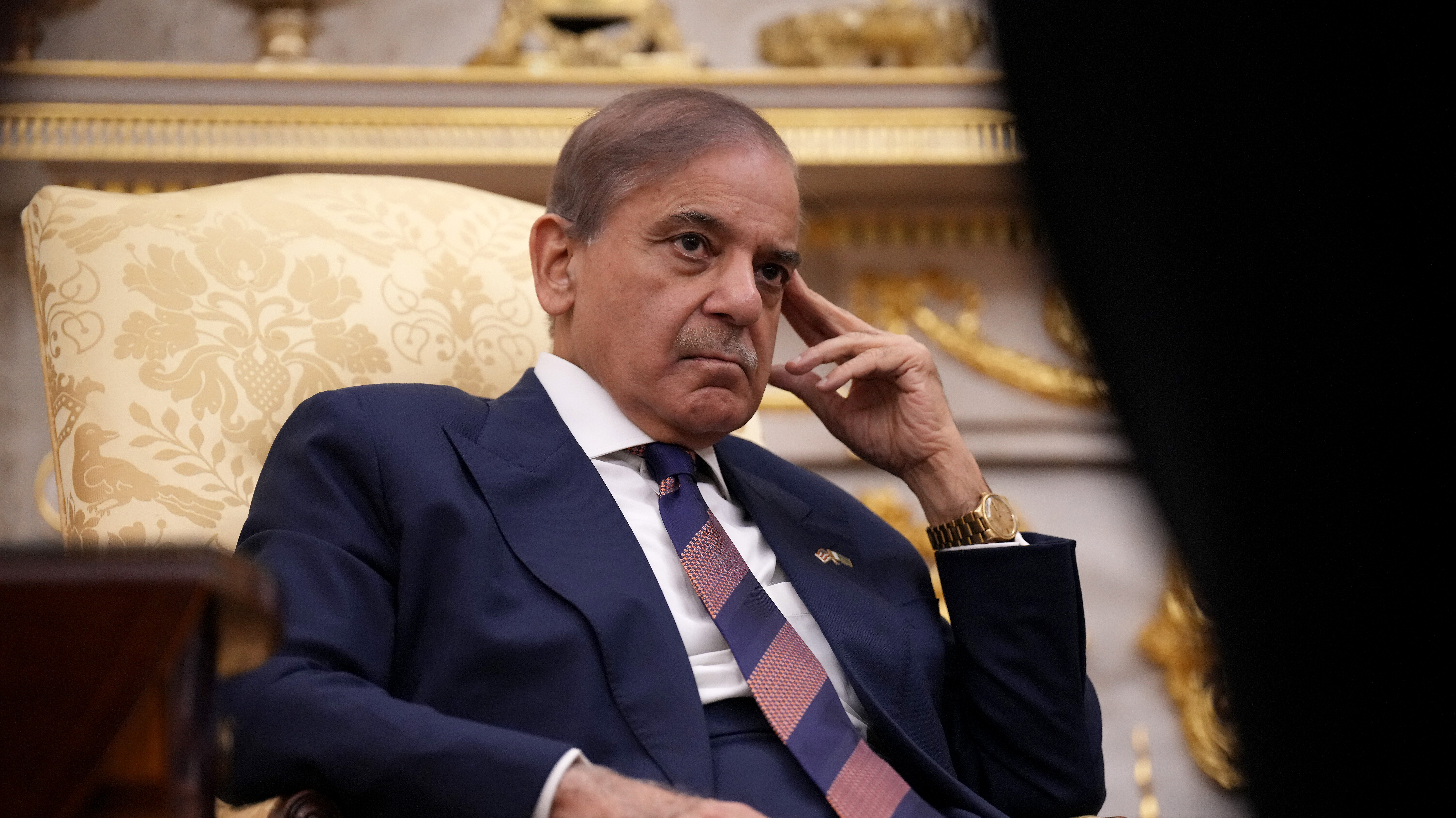Pakistan’s Sharif Maps Reform Agenda, Urges Regional Peace at Islamabad Forum
Pakistani Prime Minister Shehbaz Sharif on Tuesday used the Inter-Parliamentary Speakers Conference in Islamabad to outline how his government plans to drive economic reform at home while pressing for stability and cooperation across the region. He framed the agenda as a way to safeguard Pakistan’s sovereignty and spur growth through tighter security coordination, investment partnerships, and multilateral engagement.
Sharif tied development to basic security, arguing that wars and cross-border violence keep capital on the sidelines and slow recovery. He said a stable Afghanistan is central to trade routes linking South and Central Asia and urged Kabul to act against armed groups using Afghan territory to threaten Pakistan. The appeal comes after years of friction with the Taliban government over cross-border attacks and the future of the Tehreek-e-Taliban Pakistan.
Give the gift of hope
We practice what we preach:
accurate, fearless journalism. But we can't do it alone.
- On the ground in Gaza, Syria, Israel, Egypt, Pakistan, and more
- Our program trained more than 100 journalists
- Calling out fake news and reporting real facts
- On the ground in Gaza, Syria, Israel, Egypt, Pakistan, and more
- Our program trained more than 100 journalists
- Calling out fake news and reporting real facts
Join us.
Support The Media Line. Save democracy.
At home, Sharif sketched a reform package focused on small- and medium-sized businesses, youth employment, women’s participation in the workforce, and digital skills. The plan dovetails with Pakistan’s efforts to meet conditions tied to international financing, including an International Monetary Fund program designed to stabilize prices, bolster foreign reserves, and broaden the tax base after a bout of high inflation and energy-sector losses.
He also positioned Pakistan as an active player in global forums—the United Nations, Organization of Islamic Cooperation, Economic Cooperation Organization, and Shanghai Cooperation Organization—arguing that multilateral channels can help attract investment, build climate resilience, and coordinate counterterrorism policy. Beyond regional priorities, Sharif said Pakistan will continue to speak up for communities facing persecution and push partners to back long-term stability, trade expansion, and collective security.



